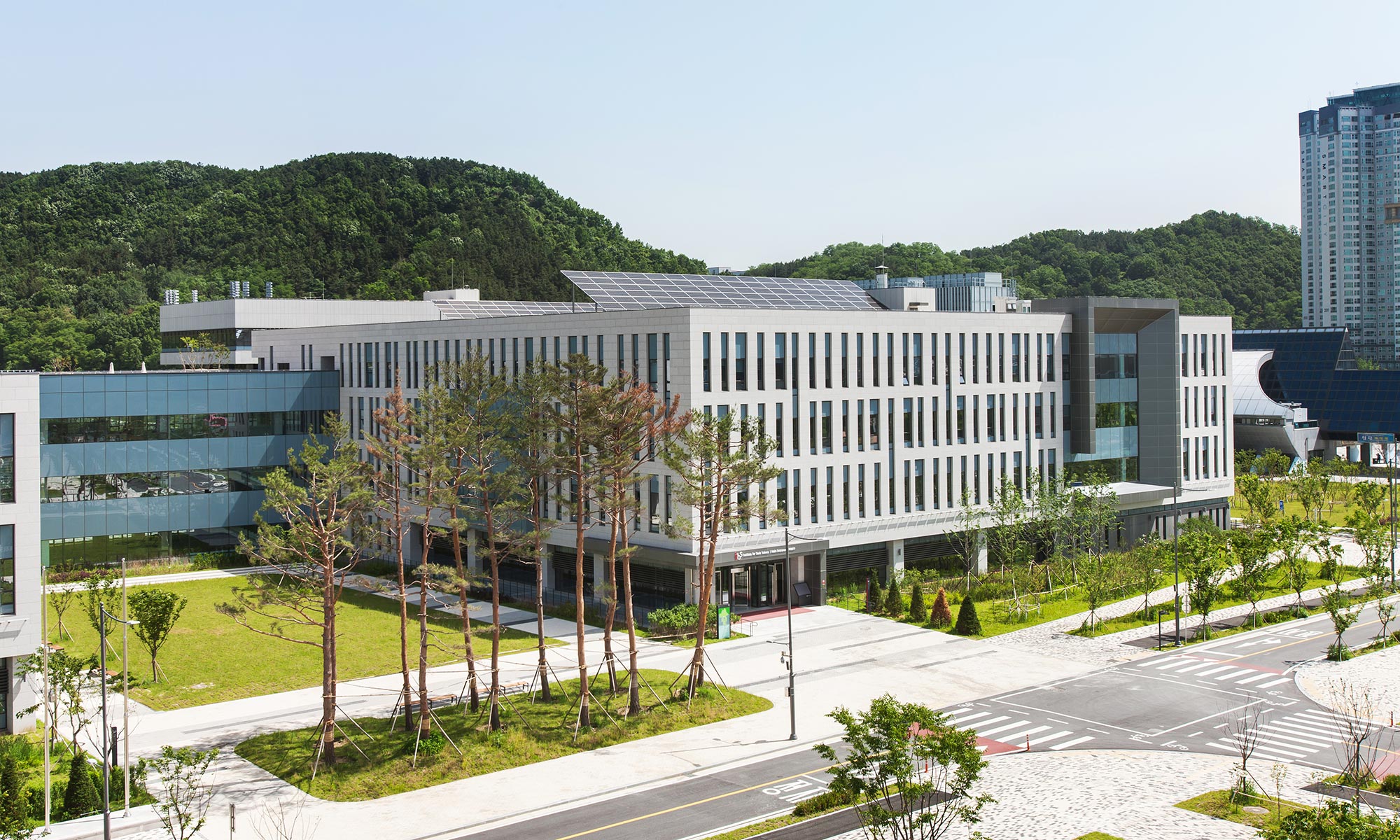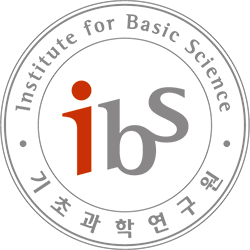Feature selection and dimension reduction for single-cell RNA-Seq based on a multinomial model – Seokhwan Moon
B232 Seminar Room, IBS 55 Expo-ro Yuseong-gu, Daejeon, Daejeon, Korea, Republic ofIn this talk, we discuss the paper "Feature selection and dimension reduction for single-cell RNA-Seq based on a multinomial model" by F. W. Townes et.al., Genome Biology, 2019. Abstract Single-cell RNA-Seq (scRNA-Seq) profiles gene expression of individual cells. Recent scRNA-Seq datasets have incorporated unique molecular identifiers (UMIs). Using negative controls, we show UMI counts follow …

